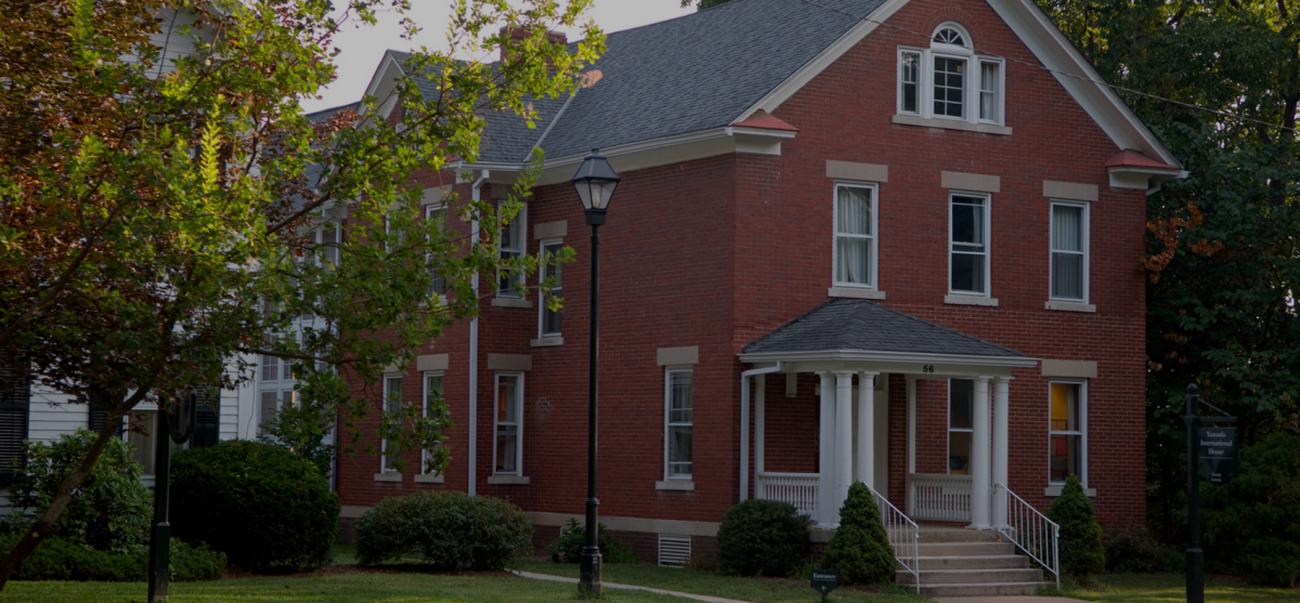Primary, Secondary, Community College and University Educators are invited to apply for this fully funded, one-month curriculum development program in Ghana in summer 2025.
Deadline: Nov. 17, 2024

The world needs you.
The 21st century's challenges impact communities around the globe and touch each of our lives.
Today's complex problems require us to work together, communicate across cultures, and collaborate across different disciplines to create solutions and transformative change.
At the OHIO Center for International Studies, you’ll gain academic and practical skills to thrive in a globally diverse and interconnected world.
This Center is Part of the School of International Studies and Languages
Get international experience that lasts a lifetime and launches your career.
Study human rights in Northern Ireland, meet anti-apartheid activists in South Africa, and volunteer at an elephant sanctuary in Thailand.
Perform Southeast Asian puppet theater, restore degraded ecosystems in Kenya, and communicate across cultures to mobilize for social change.
Learn to speak Hindi, Malaysian, Indonesian, Thai, Wolof and Akan.
Become a foreign service officer, policymaker, cultural specialist, human rights lawyer, community organizer, immigration advisor, and more.
Work with partners around the world through are areas of expertise.
Learn to understand complex issues in context while navigating diverse cultural and political landscapes.
Center for International Studies
Yamada International House
Ohio University
Athens, Ohio 45701
Phone: 740-593-1840
Fax: 740-593-1837
Email: international.studies@ohio.edu